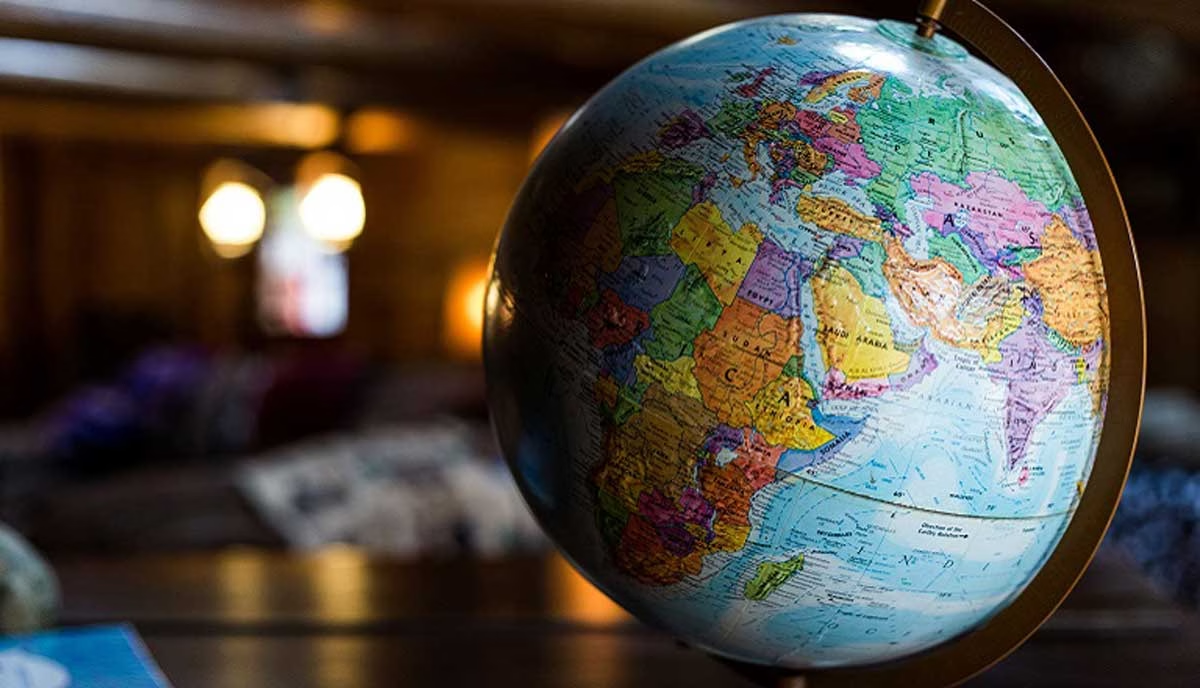Global trade is a critical engine of economic growth, innovation, and prosperity. However, in recent years, trade wars, protectionist policies, and shifting international agreements have introduced uncertainty into global markets. As we move through 2025, understanding how these economic dynamics shape the future of nations, industries, and consumers is more critical than ever.
The Impact of Trade Wars
Trade wars, characterized by tariffs, export restrictions, and retaliatory measures, disrupt supply chains and increase costs for businesses and consumers. Recent trade tensions between major economies have affected industries ranging from agriculture to technology. While intended to protect domestic markets, trade wars can lead to reduced exports, inflation, and slower economic growth. The ripple effects often extend globally, impacting emerging markets and interconnected industries.
Shifts in Global Supply Chains
Trade disputes have prompted companies to reevaluate supply chains. Businesses are diversifying sourcing, investing in regional manufacturing hubs, and exploring nearshoring or reshoring strategies to mitigate risks. These shifts can reduce dependency on specific countries, improve resilience, and foster regional economic development. However, they may also lead to higher operational costs and transitional challenges.
The Role of International Trade Agreements
Trade agreements remain essential for stabilizing global markets. Free trade agreements (FTAs) and regional partnerships facilitate cross-border commerce, reduce tariffs, and establish rules for investment, intellectual property, and labor standards. Agreements like the Regional Comprehensive Economic Partnership (RCEP) in Asia or updates to the USMCA in North America illustrate how multilateral trade frameworks can promote economic cooperation while addressing emerging challenges.
Emerging Economies and Global Power Shifts
Emerging economies are playing an increasingly influential role in global trade. Countries such as India, Brazil, and Vietnam are emerging as key hubs for manufacturing, technology, and exports. These shifts redistribute economic power, challenging traditional dominance by developed nations. Trade agreements, foreign investment, and infrastructure development are key drivers of growth in these emerging markets.
Technology and Global Commerce
Technology is reshaping global trade. E-commerce platforms, digital payments, and AI-driven logistics enable businesses to efficiently reach new markets. Blockchain solutions are enhancing transparency and security in international transactions, while automation and robotics improve production efficiency. Technology not only facilitates trade but also determines competitive advantages in the global economy.
Challenges and Opportunities
While global economic shifts present challenges, including volatility, political uncertainty, and market disruptions, they also offer opportunities for growth. Countries that invest in infrastructure, innovation, and workforce development are better positioned to capitalize on new trade dynamics. Strategic diplomacy, adaptive trade policies, and collaborative international partnerships are essential for navigating the complex global economic landscape.
The Road Ahead
The future of global trade will be shaped by how nations strike a balance between protectionism and cooperation, embrace technological innovation, and respond to evolving geopolitical tensions. Trade wars may temporarily disrupt markets, but long-term prosperity depends on transparent agreements, resilient supply chains, and collaborative economic strategies. Businesses and governments must anticipate trends, diversify markets, and invest in sustainable growth.
Conclusion
Global economic shifts in 2025 illustrate the interconnected nature of modern trade. Trade wars, emerging markets, and technological advancements are reshaping the landscape, creating both challenges and opportunities. By fostering international cooperation, embracing innovation, and building resilient supply chains, nations and businesses can navigate uncertainty and position themselves for sustainable economic growth in the decades ahead.



